The food supply chain is an essential component of the food industry, encompassing a range of activities from production to final delivery to the consumer. Throughout this chain, there are numerous points at which legal issues can arise if not properly managed.
From food safety issues to labeling regulations and contracts, it is vital that companies in this industry are well informed and prepared to avoid legal complications.
In this article, we will explore some key tips for avoiding legal problems in the food supply chain.
1. Rigorous regulatory compliance
Regulatory compliance is critical in the food industry. Keeping up to date with local, national and international regulations related to food safety, labeling, storage and transportation is essential. Companies must have legally competent staff or advisors who are aware of the latest regulatory updates and can ensure that all operations are in compliance with these regulations.
2. Clear contracts and agreements
Strong contracts are critical in the food supply chain. Each stage of the chain, from raw material suppliers to final distributors, must have clear contracts that set out responsibilities, timelines and delivery terms. Contract management software can be immensely helpful in managing and maintaining these documents efficiently. Contracts should address issues such as product quality, proper transportation and liabilities in the event of non-compliance.
3. Supply chain traceability
Traceability is crucial to quickly identify any problems that may arise in the distribution chain. An efficient tracking system allows the movement of products along the chain to be traced, which can be invaluable in cases of product recalls or complaints. Technology, such as sensors and tracking systems, can help maintain tight control over the supply chain and prevent problems before they become legal issues.
4. Focus on food safety
Legal issues can arise if food becomes contaminated or unsafe for human consumption. Maintaining high food safety standards at all stages of the distribution chain is essential to prevent legal claims and penalties. This involves ensuring proper food handling and storage practices, as well as regular testing and quality control.
5. Personnel training
Personnel at every stage of the supply chain should be trained in relevant aspects of food legality and safety. This includes understanding applicable regulations, the importance of compliance and best practices to ensure food quality and safety. Regular training can help avoid mistakes that could have legal consequences.
In summary, proper food supply chain management requires a strong focus on legality and food safety. Complying with regulations, establishing solid contracts, implementing effective tracking systems, maintaining high food safety standards, and training personnel are key steps to avoiding legal problems in this industry. By leveraging technology and proactive approaches, companies can mitigate risks and ensure safe and legal food distribution.
Want to learn more? Request a demo and start automating your contract management for the agri-food industry.










